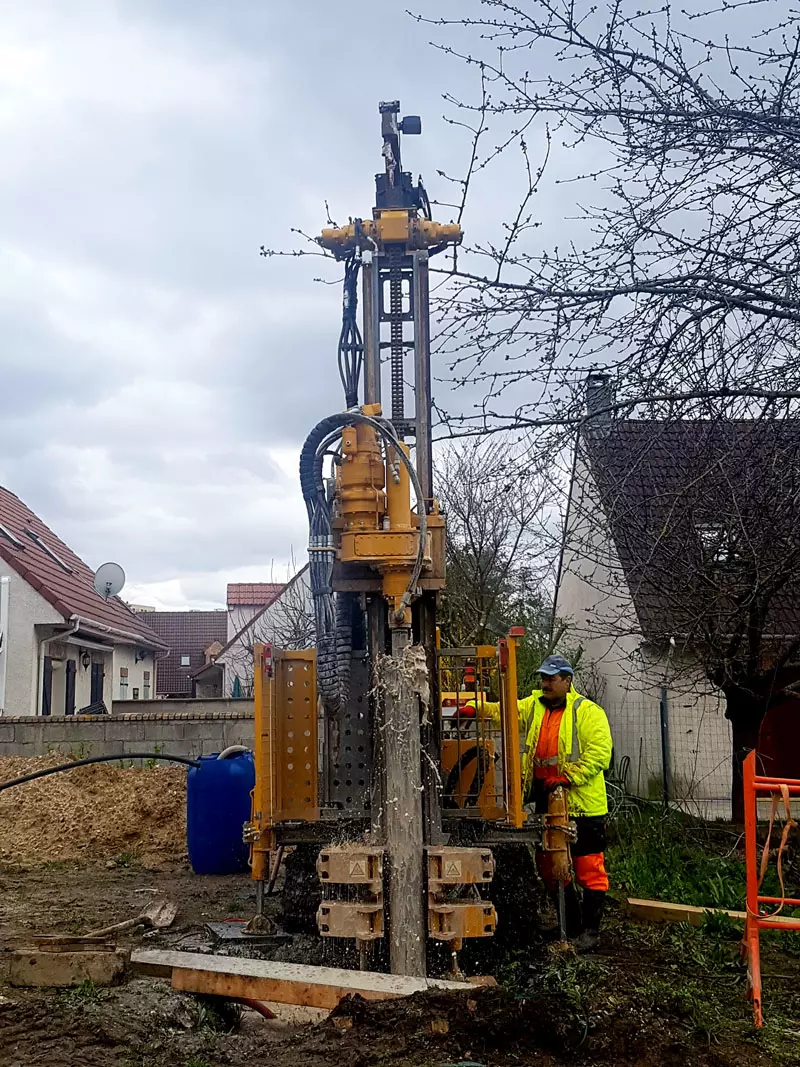
Social & Employment
- Location:
Stains (Seine-Saint-Denis)
- Sponsor:
Xavier Mettei
- Grant:
€25,000 at the selection committee meeting on 21 October 2019
Project leader
Novaedia is a cooperative society for the collective interest (SCIC). It operates in the catering sector and delivers fruit baskets to offices. The aim of this production cooperative is to reconcile three approaches: local development, sustainable development and solidarity. It offers its services to companies located in the Plaine-Saint-Denis area, in the Ile-de-France department of Seine-Saint-Denis. Novaedia develops its activity by accompanying and training young people from working-class neighbourhoods, as well as disabled workers. It also supports charitable initiatives.
A farm in the heart of town
The project supported by the Veolia Foundation involves the creation and development of an urban farm, called "La Ferme des Possibles". It will be located on a one-hectare plot of land in Stains, Seine-Saint-Denis. It will be experimental, as its concept and organization are designed to be duplicated so that other similar structures can be created to allow a sustainable agri-food industry of this type to develop.
La Ferme des Possibles plans to produce, process and market a significant amount of agricultural produce sustainably. It also aims to become a permaculture and sustainable development educational showcase. The hectare occupied by the farm will be divided into different spaces.
On 5,500 m², agro-ecology, a practice that combines trees, crops and/or animals on the same plot, will take pride of place. In the orchards, the trees will provide the vegetables with shade, moisture and mineral salts via the roots. Dead leaves will be used as cover or compost. And the wildlife present will provide natural protection against pests.
Some 1,000 m² will be covered by a greenhouse. On part of this space, the production of fruit, vegetables and herbs will be organised. And this will be all year round thanks to an innovative system called Expeclimat, which allows the climate in a greenhouse to be regulated at will and very precisely. The surplus energy from the kitchens in the adjoining building, called Resilience, will be used to heat the greenhouse. Already 500 m² of greenhouses have been installed on the Ferme des Possibles site.
Raising awareness in the community
The spaces devoted to raising awareness about organic urban farming, agro-ecology and more generally sustainable development will cover 2,500 m². They will include an apiary, a henhouse, a small orchard, a composter, a bricked reuse area and an area for picnics and visitor facilities.
Building responsibly too
The Resilience building will be constructed on 2,000 m² so as to have a minimal ecological footprint, both during the construction phase and thereafter in operation. It will be in line with bioclimatic architectural principles, which take into account the characteristics and peculiarities of the location in order to achieve the desired comfort in the most natural way possible - for example, by employing architectural devices that make the most of the sun in winter and offer protection in summer. It should also be noted that the materials chosen will be very low grey energy. Throughout their lifetime, from design to recycling, they will use as little energy as possible.
Thanks to the support of the Veolia Foundation, this exemplary building should be completed in 2020. It will house Novaedia's head office, offices, educational areas, a cooking laboratory for food activities, and a restaurant.

